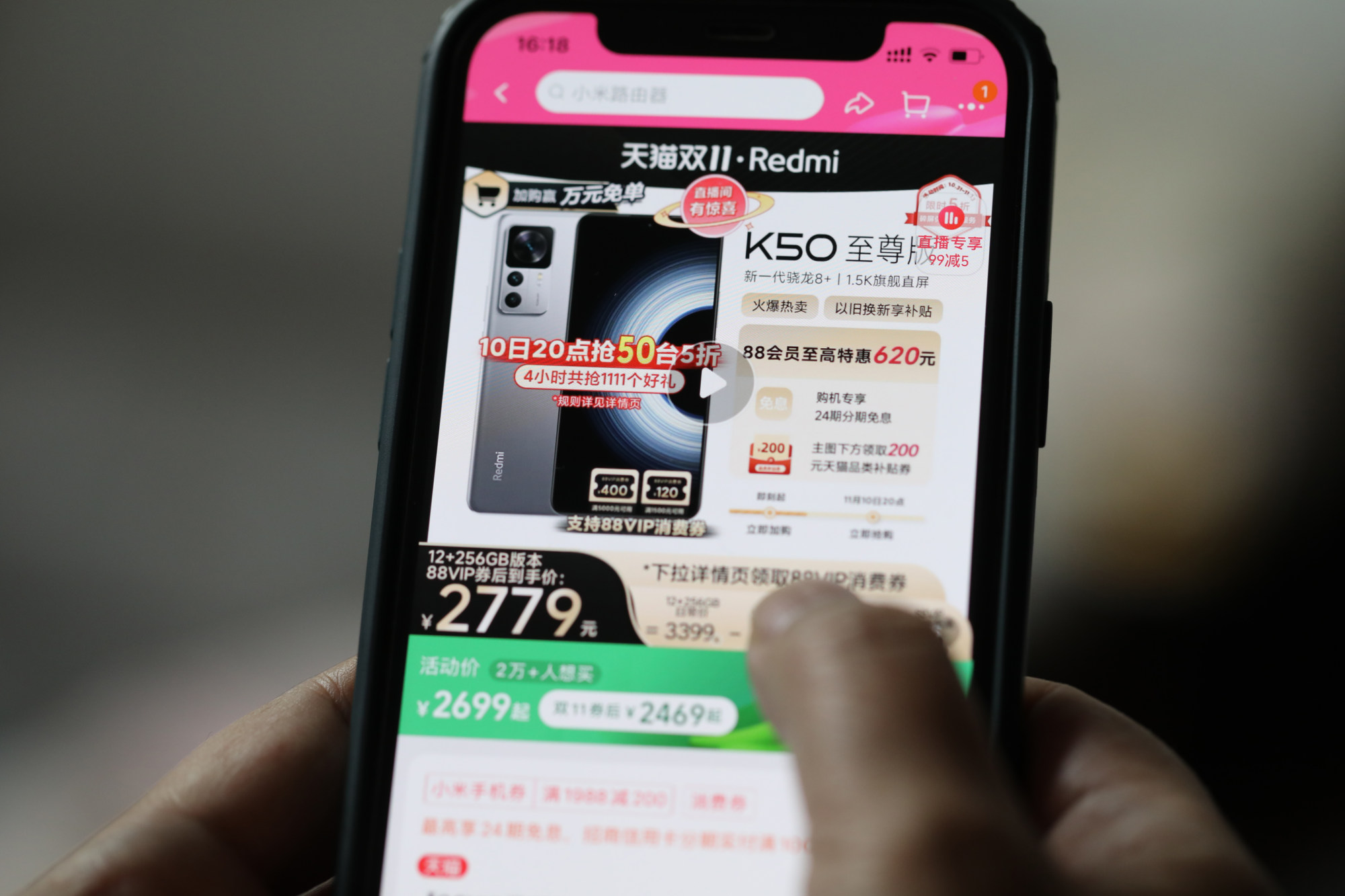
Jack Ma urges Alibaba’s top executives to ‘go back to Taobao’ to fend off rivals in tough e-commerce market
- Ma, 58, cited the cases of Nokia, once a leading mobile phone brand, and photographic film pioneer Kodak, to show how industry leaders can quickly fall
- The Alibaba founder said the company should focus on user experiences on the internet, rather than operate as a retailer chasing sales performance
Jack Ma, the founder of Alibaba Group Holding, held an informal meeting with e-commerce executives in late May, advising them to refocus on Taobao and consumers to survive brutal competition and weather China’s economic slowdown, Chinese media LatePost reported, citing unidentified sources.
In the meeting with key executives from Alibaba’s Taobao & Tmall Group, including Trudy Dai, the chief executive of the unit, Ma, who has resigned from all corporate roles but remains the spiritual leader of the business empire he created from scratch, said Alibaba cannot take its dominant position in China’s e-commerce market for granted and must stay alert to business failure risks.
Ma, 58, cited the cases of Nokia, the mobile phone brand that dominated the global market for years, and Kodak, the film giant that was displaced by digital photography, to show how industry leaders could fall at an alarming speed. Ma said Alibaba has to “go back to Taobao, go back to users, and go back to the internet”, according to the report published on Monday.
Alibaba, which owns the South China Morning Post, did not reply to a request for comment.
“Going back to Taobao” means the platform will pivot from traffic flows to supporting marketing budgets for small and medium merchants from established brands on Tmall. Taobao, launched in 2003, was Alibaba’s first consumer e-commerce platform. It achieved huge success in wooing small merchants online to defeat then rivals such as US giant eBay while Tmall, formally known as Taobao Mall, was spun out in 2008 to fit Chinese consumer’s demand for brands.
Alibaba employees, who declined to be named as they were not authorised to speak publicly, confirmed to the Post that the pivot towards small merchants has been taking place inside the business unit. For example, Alibaba has gradually scaled back subsidies on big-ticket items such as iPhones but has increased incentives for products such as iPhone covers or ornaments, which are mainly sold by small businesses.

Ma, who is no longer involved in day-to-day business decisions at the e-commerce group, said Alibaba has to remain an internet company and focus on user experiences, rather than a retailer chasing sales performance at the expense of consumer satisfaction. As a result, Alibaba will increasingly value indicators such as daily active users and the duration consumers spend online.
On internal structure, Ma said Alibaba must flatten its organisation to reduce reporting levels and let employees take more initiative and responsibility, according to the report by LatePost, which is backed by Chinese financial magazine Caijing.
The discussions between Ma and his top executives, if confirmed, would have taken place at a time when both Alibaba and China’s e-commerce market are experiencing rapid changes. As Alibaba is breaking its huge business into six independent entities, the Taobao & Tmall business group, which contributes 70 per cent of total group revenues, will remain the bread and butter for the parent company.
Meanwhile, Alibaba’s online business is facing fierce competition from both conventional and new competitors. JD.com, the e-commerce giant created by Richard Liu Qiandong, PDD Holdings, known for its cut-to-the-bone deals, and Douyin, the Chinese version of TikTok that has aggressively moved into live-streaming shopping, are all competing head-to-head in a market where growth is flatter.
In the past few years, Ma has been spotted in Japan, China and Europe attending academic and agricultural events. Recently, Ma conducted his first class at the University of Tokyo in his new capacity as visiting professor at the prestigious, 146-year-old Japanese academic institution.
On Saturday, Ma made a public appearance in the eastern Chinese city of Hangzhou to chat with the finalists of an annual global mathematics competition organised by the company’s in-house research unit.

